Campaigners say Cardiff needs improved and more inclusive roads to follow in the footsteps of a primary school where 75% of kids go by foot or bicycle.
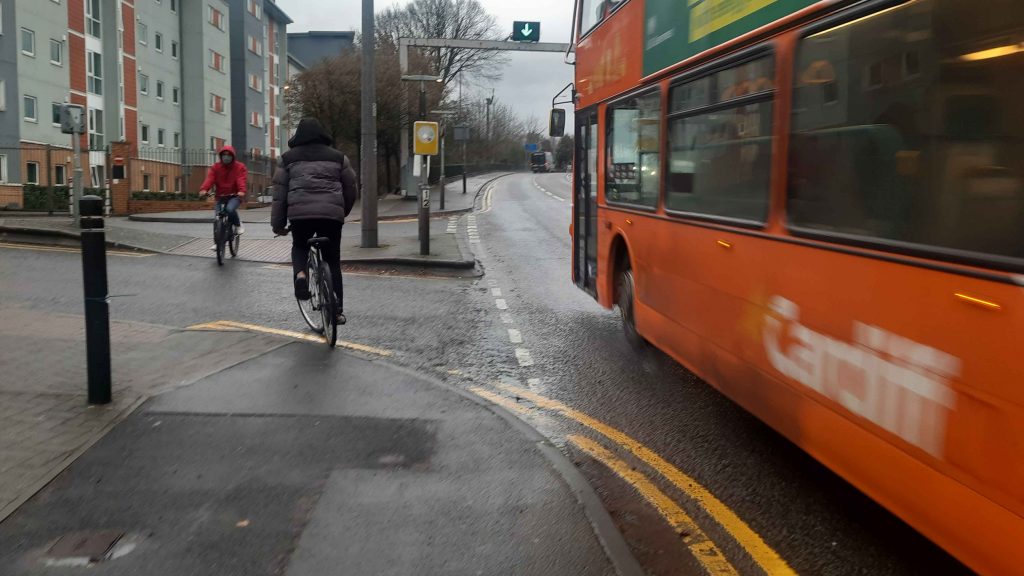
Cardiff needs better cycling infrastructure if it wants to replicate the success of a local primary school that reduced the number of parents driving their kids to school, say local campaigners.
Roath Park Primary School recorded a 20% decrease in students commuting to school via cars, and according to activists, the city needs improved infrastructure to follow in its footsteps.
Tom Overton, Founder of The Bike Lock Cardiff said, “The thing that I’ve seen in four years is infrastructure for active travel. So there are cycle lanes across the city. The infrastructure is making it easier for people to move around the city without using a car.”
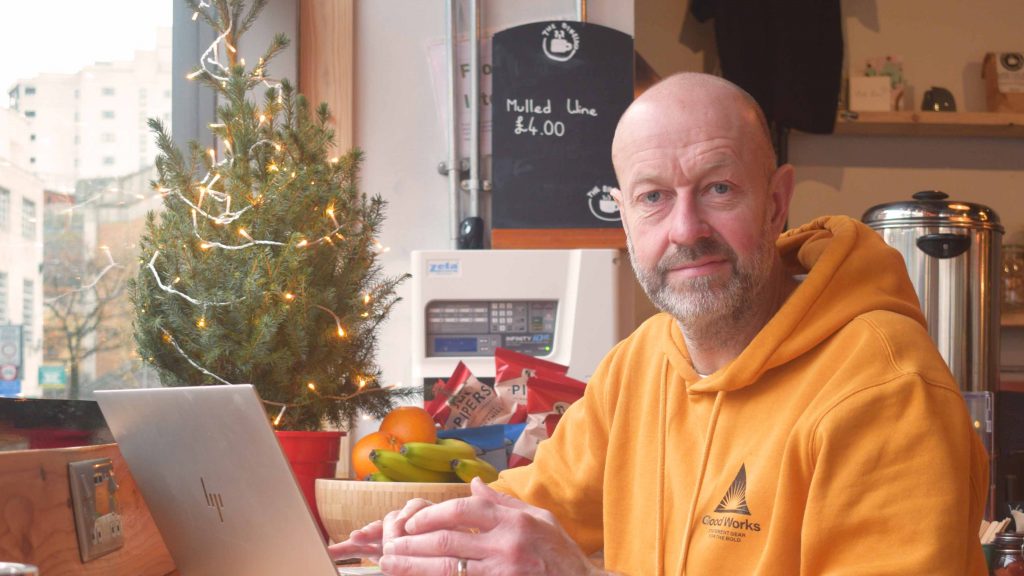
Tom Overton whose cafe aims to make it easier for people to travel on bicycles said, “If you stay in the cycle lanes, you are separated from cars. You can go from Cardiff Bay all the way through Cardiff on the Taft Trail without even going on a road. So yes, it is safe, but I think people need to have the confidence to ride a bike.”
Pedal cyclists were 11 times more likely to be killed or seriously injured than car and taxi occupants to be casualties, according to the Reported Road Casualties 2021 review by the Government of Wales.
“I think the trouble is, in society now, there’s always a binary argument… either you’re a cyclist or you’re a car driver. The only time there is friction is because of people,” said Tom Overton. “It’s not because they’re a cyclist. Sometimes car drivers can be idiots, sometimes cyclists can be idiots.”
Roath Park Primary reduced the number of cars around school premises by installing unattended cameras, and traffic sensors, engaging students with Public Community Support Officers, getting students involved as Travel Minister and Ambassadors, along with bike storage solutions and applying for a school street and ‘Separate Active Travel Entrance’.
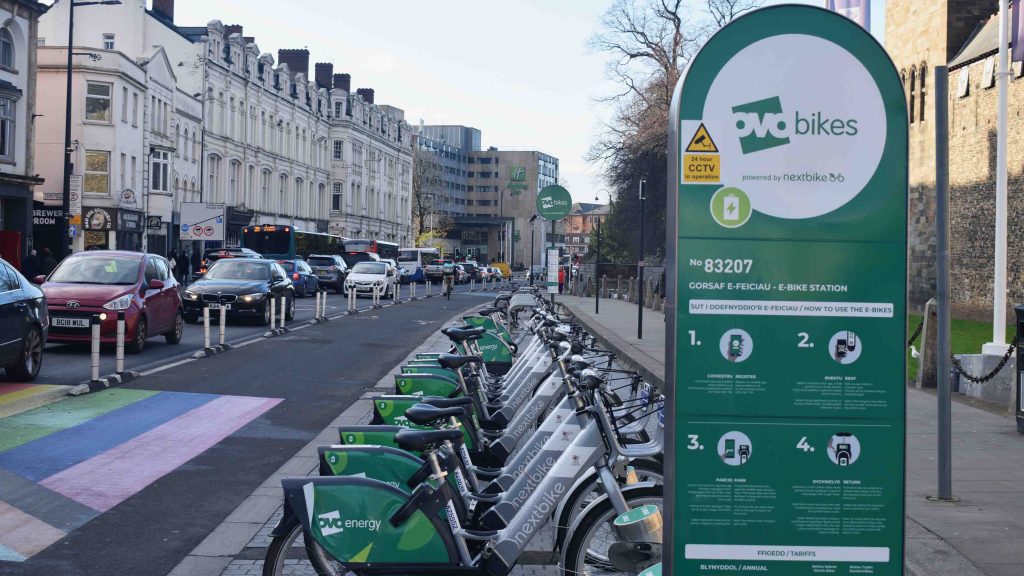
Bike rental solutions in Cardiff like Nextbike have faced vandalism and theft with their bikes, Operations Manager Samantha Callaghan said, “We get a lot of vandalized ones. You can imagine people ripping parts off them and stuff like that. The numbers are now going down because we got Dave who works for the council and if he finds any on the street, he will lock the bikes.”
She says, “So we’ve got the police doing that as well, trying to lock them and just keep them safe. It’s getting better and we’ve got more secure stations, but some people just steal them and have them forever. We’re making our bikes safer, we’ve got, better locks and newer bikes coming in, so hopefully, ours will be safer.”
A total of 77,465 bicycles were stolen in England and Wales this year, recording a marginal rise of about 0.22% from 2021, according to the Office for National Statistics (UK).
Tom Overton said, “Cardiff is one of the most polluted cities in the UK; it’s a small city, It’s backed by mountains, and it’s not built for cars, so it creates a lot of pollution. I’ve been here 20 years … there’s just more and more cars.”
According to a recent analysis by Friends of Earth, air pollution in most neighbourhoods in Wales is above the World Health Organisation guidelines, while Cardiff has one of the highest numbers of polluted neighbourhoods in Wales.
Sam Farnfield, the senior officer at Pedal Power, an inclusive cycling charity, “We need a comprehensive, accessible infrastructure for people to cycle on and infrastructure that is designed to include everybody so that it’s a standard width that it takes into account different abilities so that it removes the aspect of fear.”
Tom Overton said, “Everybody comes in here saying, oh, it’s horrible in the car. The parking is terrible, it’s too expensive. So people want to do something different, but we need to help them to have the confidence to do something different.”
There needs to be good bike parking down at the train station, and bus station. I would make, bringing in a car far more expensive. I would also bring in a congestion charge to stop cars polluting the city centre.”
Both Tom Overton and Sam Farnfield advocated for providing people with access to bicycle training.
Sam Farnfield said, “If they’re going to use schemes like the next bike scheme or they’re going to cycle on roads or some of the infrastructure, they need to have the support to cycle safely.”
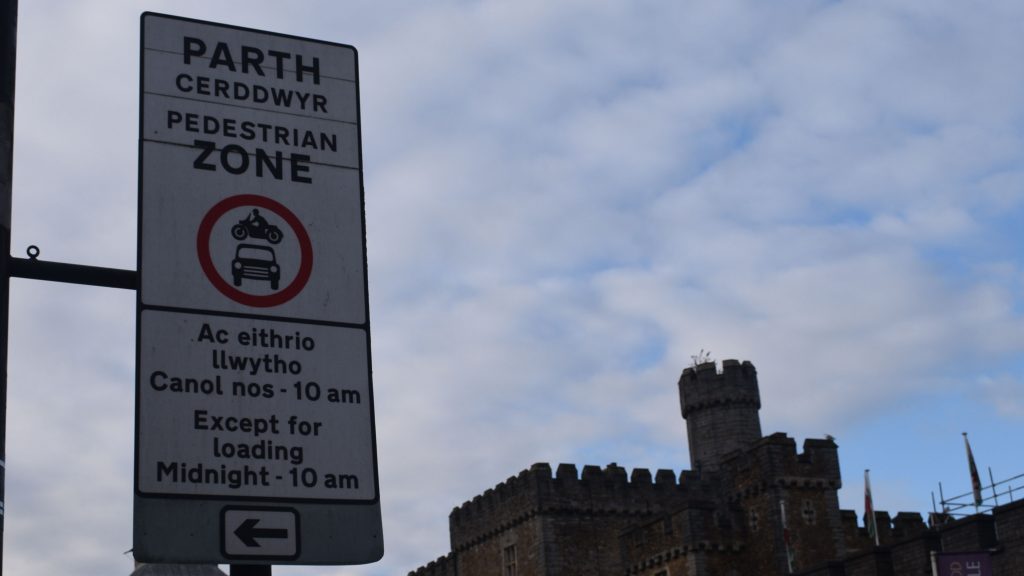
Tom Overton said, “The other thing that I think is really important is there should be a zone around every school where you can’t drive. In the morning and the afternoon. Unless you have specific needs to take a car, you might be a teacher driving from a far distance or you might have a child with physical disabilities but otherwise, there is no reason for parents to drive their children right to the school.”
Sam Farnfield said, “I think there’s a problem with active travel not engaging very well with citizens at the moment… and it may be a wider problem in Wales, I suspect, but from my knowledge, people in Cardiff are not really aware of active travel and its benefits.”
Tom Overton said, “I used to work in sport and we know the evidence tells us that… young people are not active. Young people are becoming less healthy, less active, and more overweight. So that is having an impact on health. It’s impacting hospitals and doctors. So of course, we’ve got to move more.”
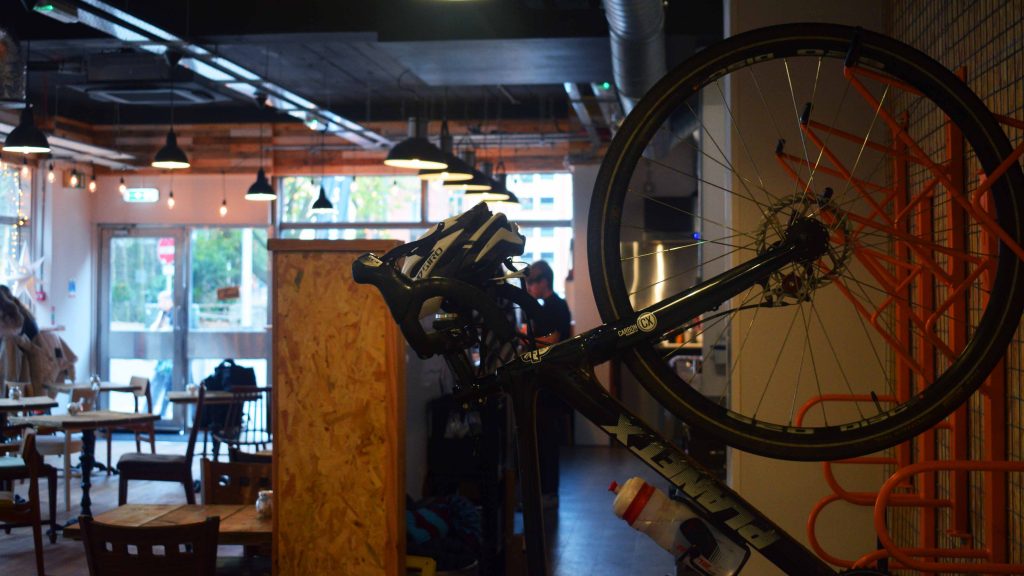
“So when I talk about this place (The Bike Lock), we’re making it really easy,” he said. “People are worried about getting the bike stolen. Don’t worry about it. Bring your bike in. People are worried about, I need a shower because I get hot if I cycle. We’ve got a shower. What about leaving my stuff? We’ve got lockers, you know, we’re taking all the excuses away.”
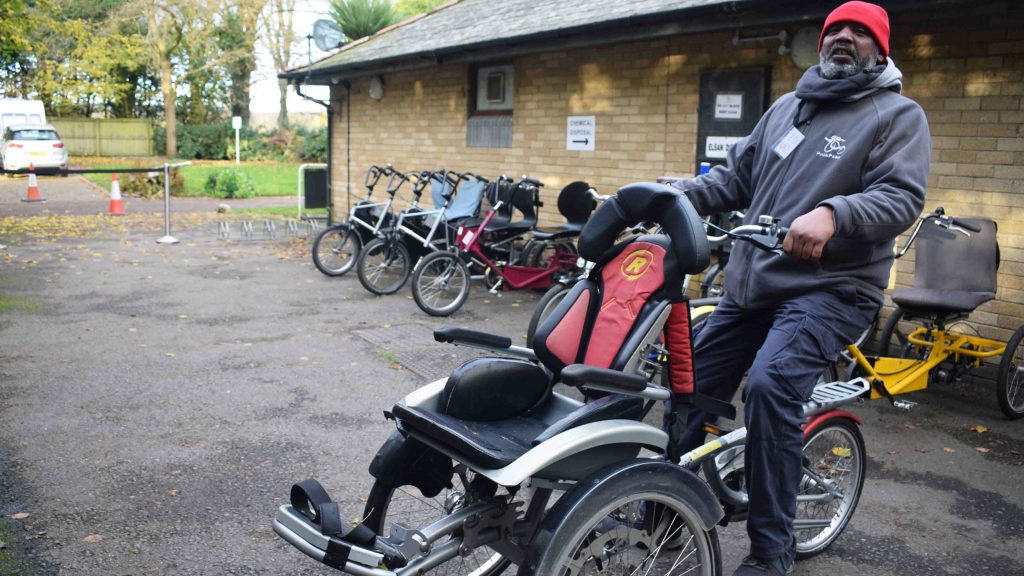
Sam Farnfield said, “What we (Pedal Power) are focused on is the people who are the furthest removed from cycling…. We have to work with people who are recovering from a stroke or who never learned to ride when they were a child and it’s much harder to learn as an adult, we need to work with those people who were born with cerebral palsy, all these people who can cycle and will cycle.”
He said, “If we want to achieve, the future generation’s aims and active travel ambitions to have more people walking and cycling. Those are the people we need to work with and, … there’s millions of those people in Britain and there’s thousands of those, those people in Cardiff.”
